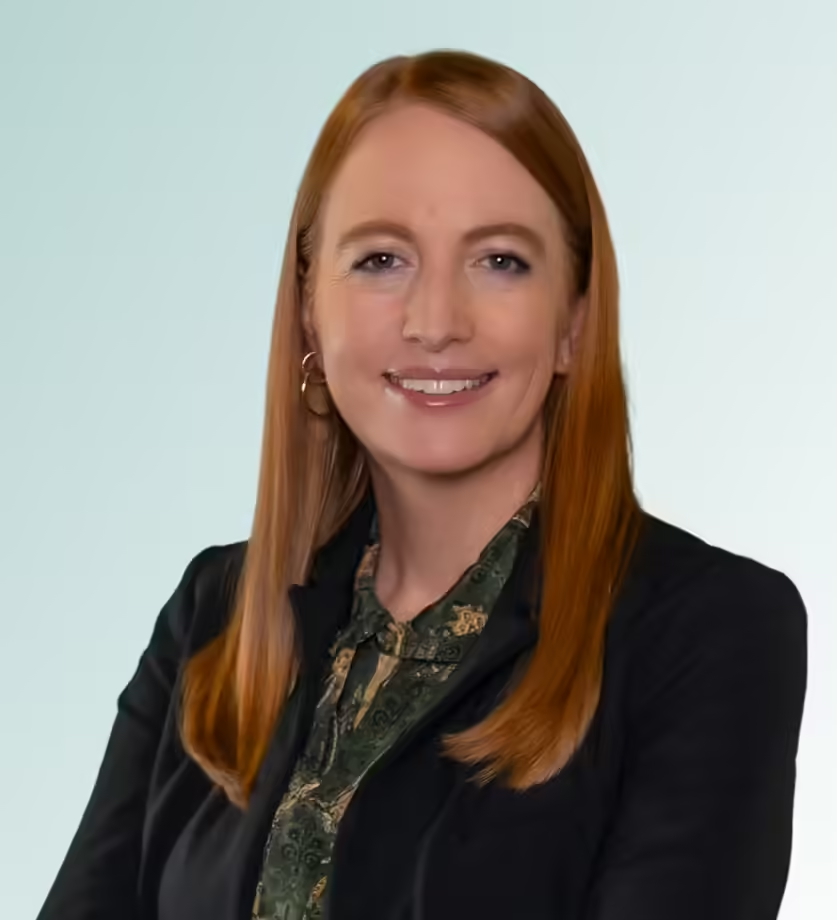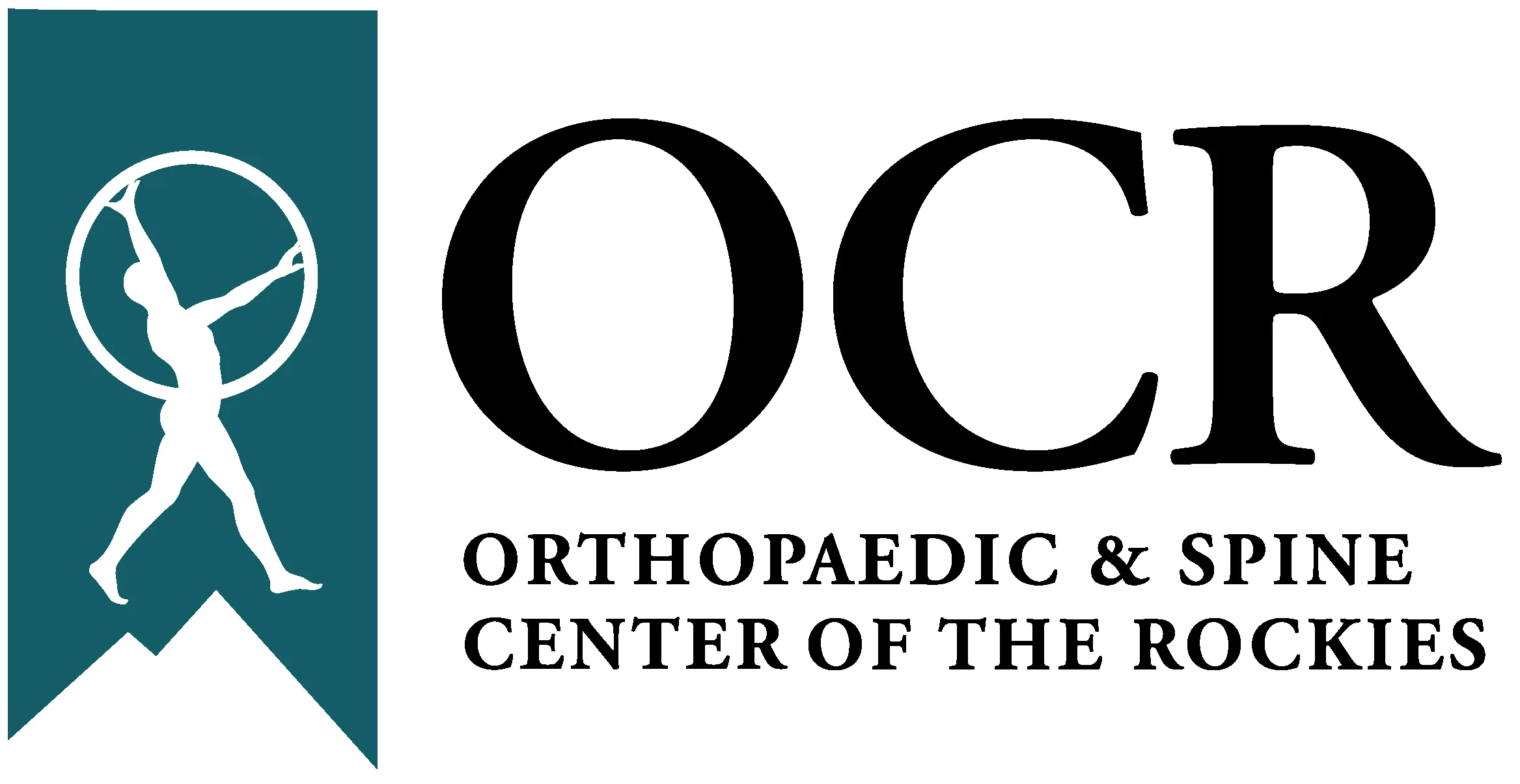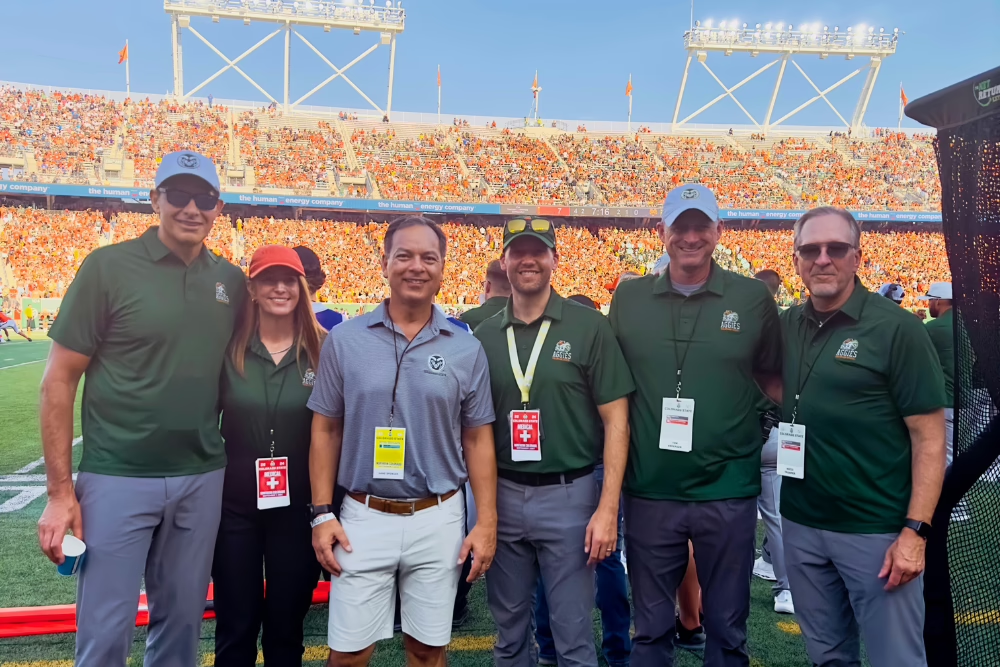Sports concussions are a common concern for athletes of all ages, at all levels. While the effects can vary, the goal remains the same: a safe and timely return to play and daily activities.
This blog dives into updated research on the effects, recovery, and prevention of concussion, including timelines and signs that might indicate the need for further medical attention from an Orthopaedic & Spine Center of the Rockies Sports Concussion Specialist.
A Modern Perspective on Understanding a Sports Concussion
A concussion is a mild traumatic brain injury (mTBI) that disrupts the normal functioning of the brain. The updated definition of sport-related concussion, though not significantly changed, highlights concussion as a traumatic brain injury (TBI) caused by a direct blow to the head, neck, or body. This force triggers a cascade of neurotransmitter and metabolic changes, possibly leading to injury, blood flow alterations, and inflammation in the brain. [Source: American Association of Neurological Surgeons]
Dr. Katie Scott, PhD, Clinical Neuropsychologist at Orthopaedic & Spine Center of the Rockies, emphasizes the importance of staying current with the latest research.
Dr. Scott spoke at the 2024 OCR Symposium stating that, “Concussion research, particularly in sports, has grown exponentially,” she explained, “with 32% of all concussion research published in the last three years alone.”

This rapid evolution in understanding has led to the development of a new consensus statement on concussion management, published in 2023.
“This consensus, published in June 2023, serves as the foundation for today’s discussion as we explore the latest updates in concussion science and clinical practice,” Dr. Scott states.
Watch Dr. Katie Scott’s entire keynote speech below from the 2024 Orthopaedics Symposium!
A Gradual Return to Normal: Navigating the Concussion Recovery Process
Recovery from a concussion is a personalized journey. It’s not a race, but rather a gradual process that prioritizes rest and allows the brain to heal at its own pace. As Dr. Katie Scott, a Clinical Neuropsychologist at OCR, emphasizes, “Early referral to specialty care is associated with quicker recovery times.”
The recent consensus statement on concussion management provides valuable guidance for navigating this recovery process:
- The First Few Days: This crucial period emphasizes rest and symptom monitoring. While complete rest is no longer recommended, as the consensus statement advises, gradual reintroduction of light aerobic activity, such as walking or stationary biking, is encouraged after the initial 48 hours.
- Weeks 1-2: Light activity can be reintroduced, but focus on activities that don’t worsen symptoms. Physical and occupational therapists can help guide your progress, ensuring a safe and effective return to activity.
- Weeks 2-4: Gradually increase activity as tolerated. The consensus statement stresses the importance of prioritizing early return to school with appropriate academic support, rather than prolonged absence.
- Weeks 4-6: As symptoms improve, athletes can begin a gradual return to sports protocol under the supervision of a healthcare professional trained in concussion management. This phased return-to-play approach aligns with the consensus statement’s emphasis on a careful and supervised reintegration into sports.
Key Prevention Strategies
The consensus statement also highlights crucial strategies for preventing sports concussions:
- Mouthguards in youth ice hockey: Shown to reduce concussions by 28%.
- Limiting body checking in youth hockey: Demonstrates a 58% reduction in concussions.
- Limiting contact practice in American football: Reduces concussions by 64%
By implementing these preventative measures and adhering to the recommended recovery guidelines, athletes can significantly reduce their risk of concussion and minimize the impact of these injuries.
Know When to Seek Further Medical Attention for a Sports Concussion
While most concussions heal within a few weeks, some may require additional evaluation and care. Here are some red flags that warrant a visit to your doctor:
- Severe headaches: Especially if they worsen or are accompanied by nausea or vomiting.
- Seizures: Loss of consciousness or convulsions require immediate medical attention.
- Confusion or worsening memory: Significant changes in cognition can indicate a more complex injury.
- Balance problems: Difficulty walking or maintaining coordination could signify a more serious issue.
- Prolonged symptoms: If symptoms persist beyond a month, further evaluation is crucial.
Experience Concussion Care at OCR
Every concussion is unique. This guide provides a general overview, but it’s vital to listen to your body and follow the personalized recommendations from your OCR team of specialists and physicians.
Orthopaedic & Spine Center of the Rockies provides comprehensive, highly specialized concussion care at our Greeley, Loveland, Fort Collins, and Longmont locations.
Led by physician, Dr. Katie Scott, a renowned Clinical Neuropsychologist at OCR, our concussion team of specialists operates at both our Northern Colorado and Southern Colorado locations of Greeley, Loveland, Fort Collins, and Longmont, and offers:
- A multidisciplinary approach: Combining the expertise of neurologists, neuropsychologists, physical therapists, and athletic trainers.
- Advanced diagnostic tools: Including the widely recognized ImPACT® system, for a thorough assessment.
- Personalized treatment plans: Tailored to individual needs and recovery goals.
- On-site physical therapy: Offering specialized treatments such as vestibular therapy.
Our commitment at OCR is to guide you through your sports concussion recovery journey and ensure a safe return to play, school, and work. Schedule a consultation with Dr. Katie Scott, PhD today.


